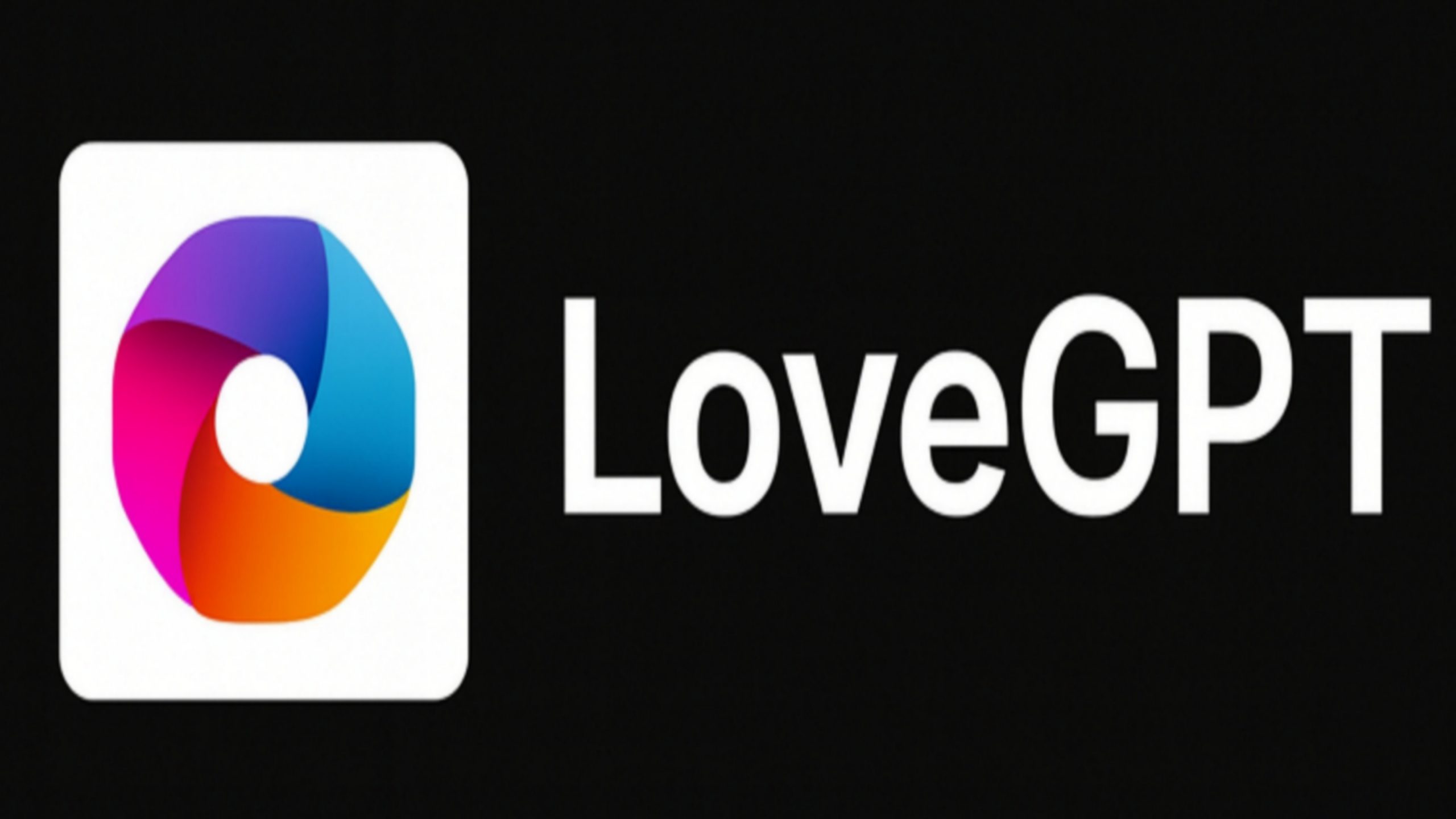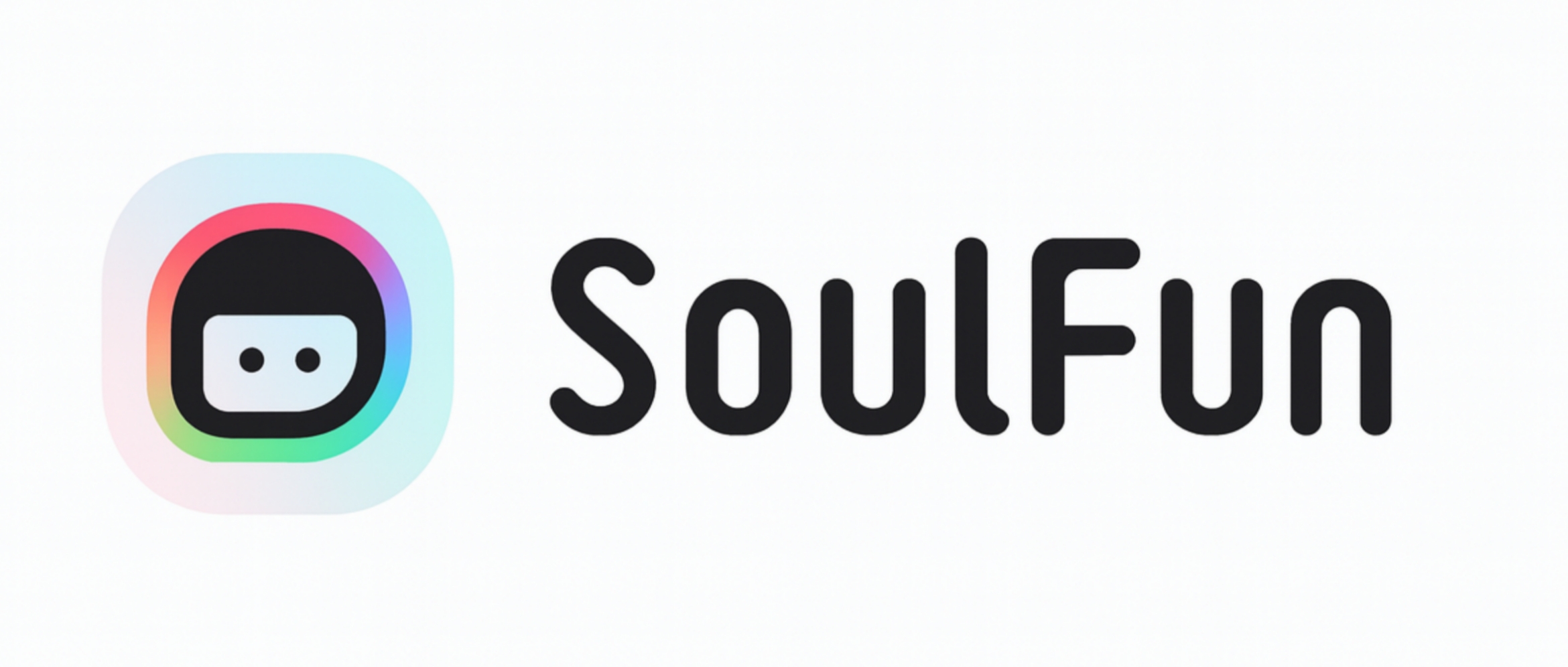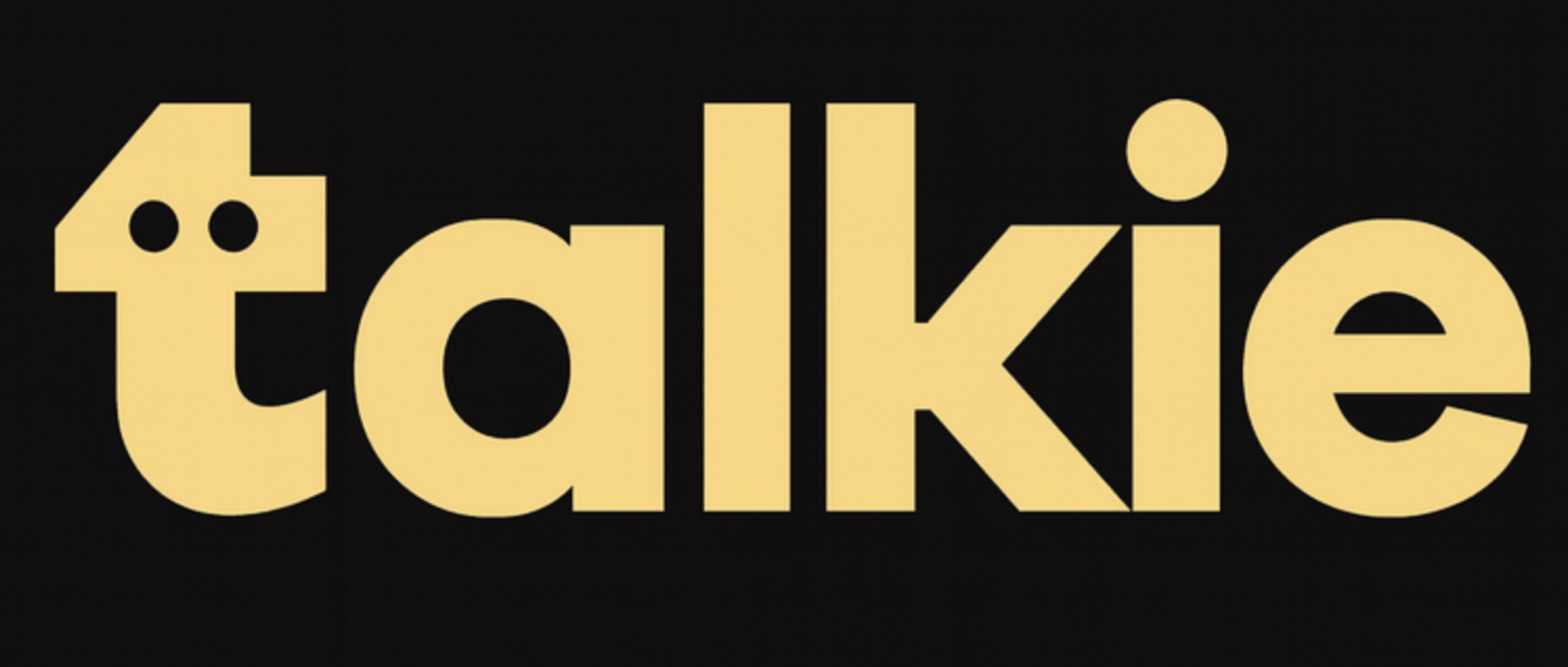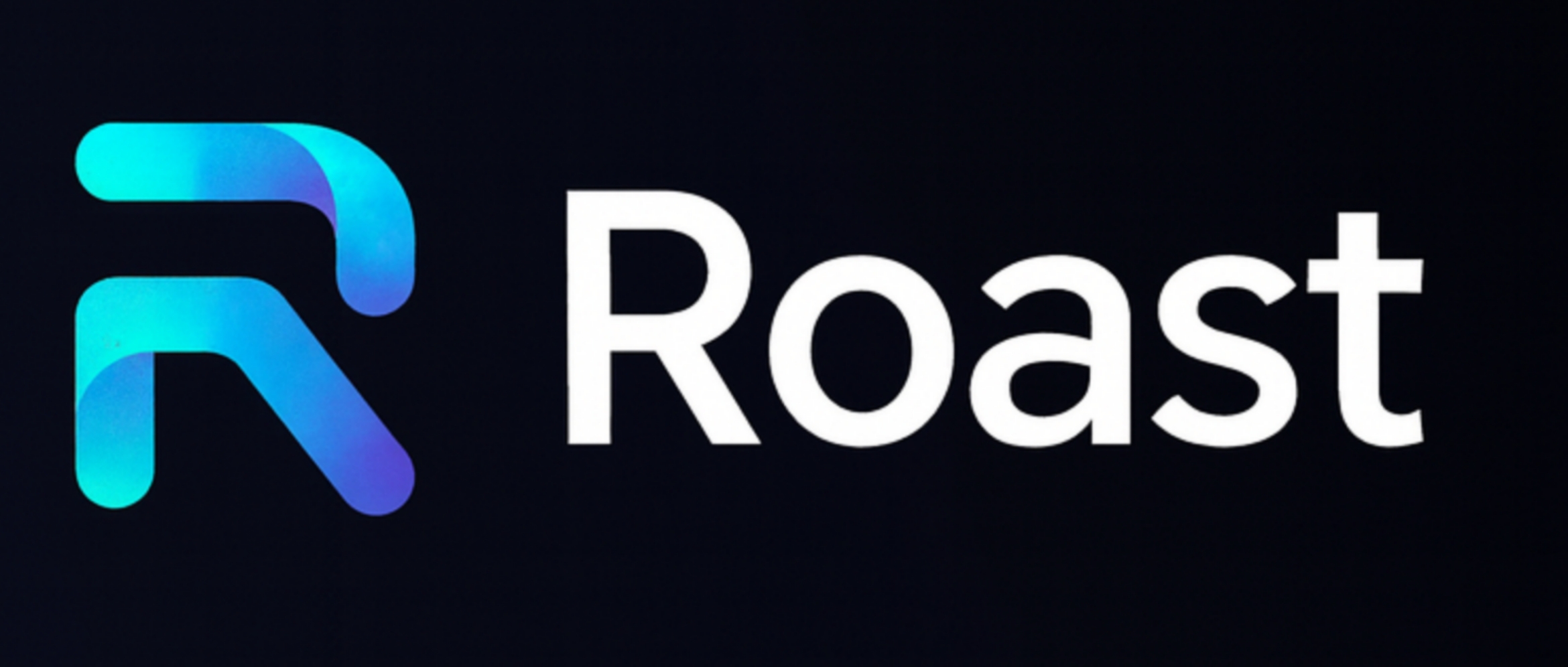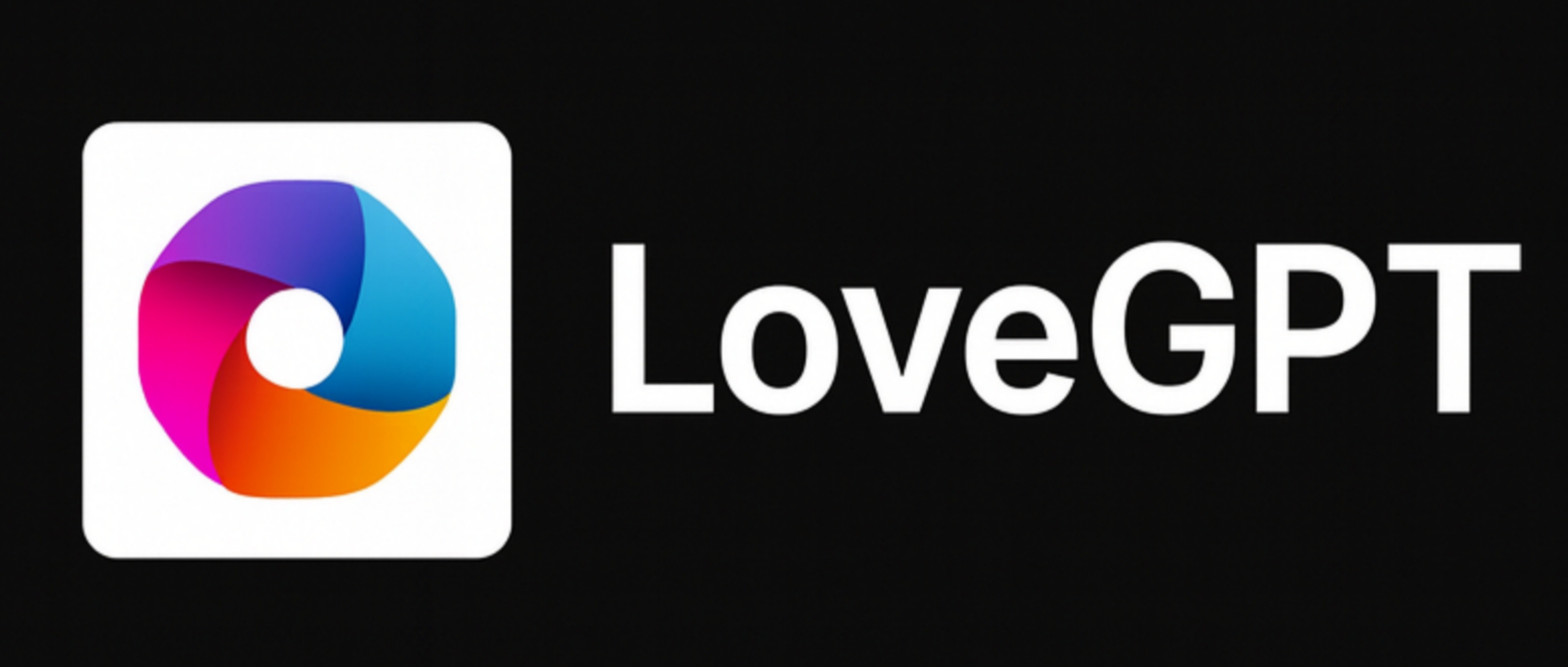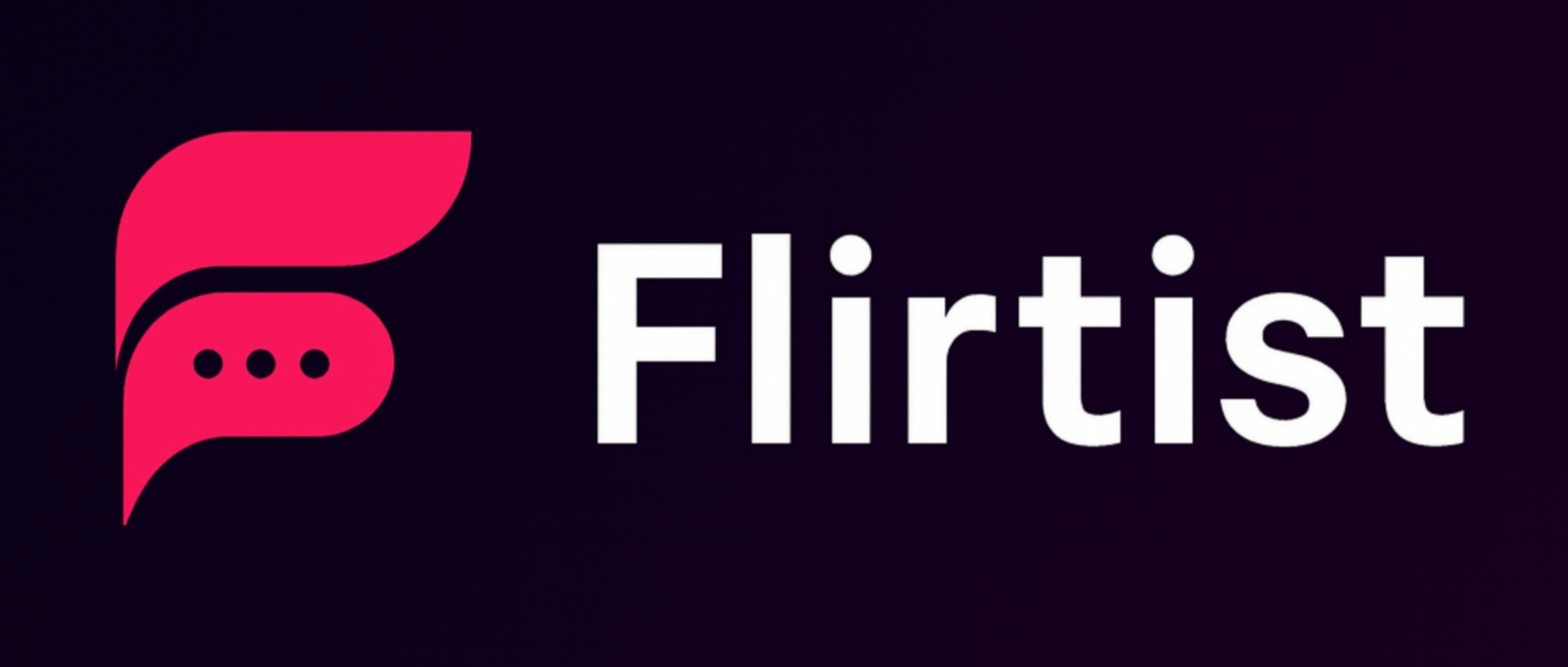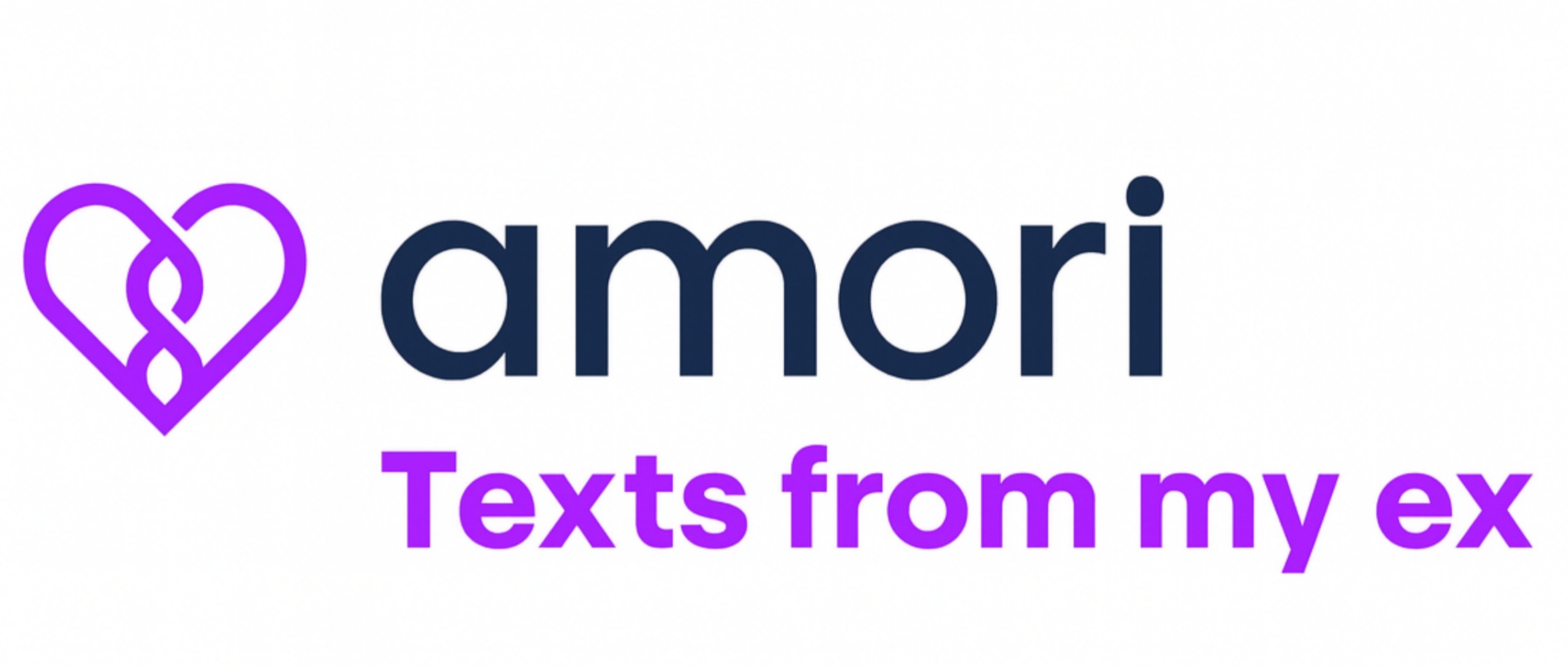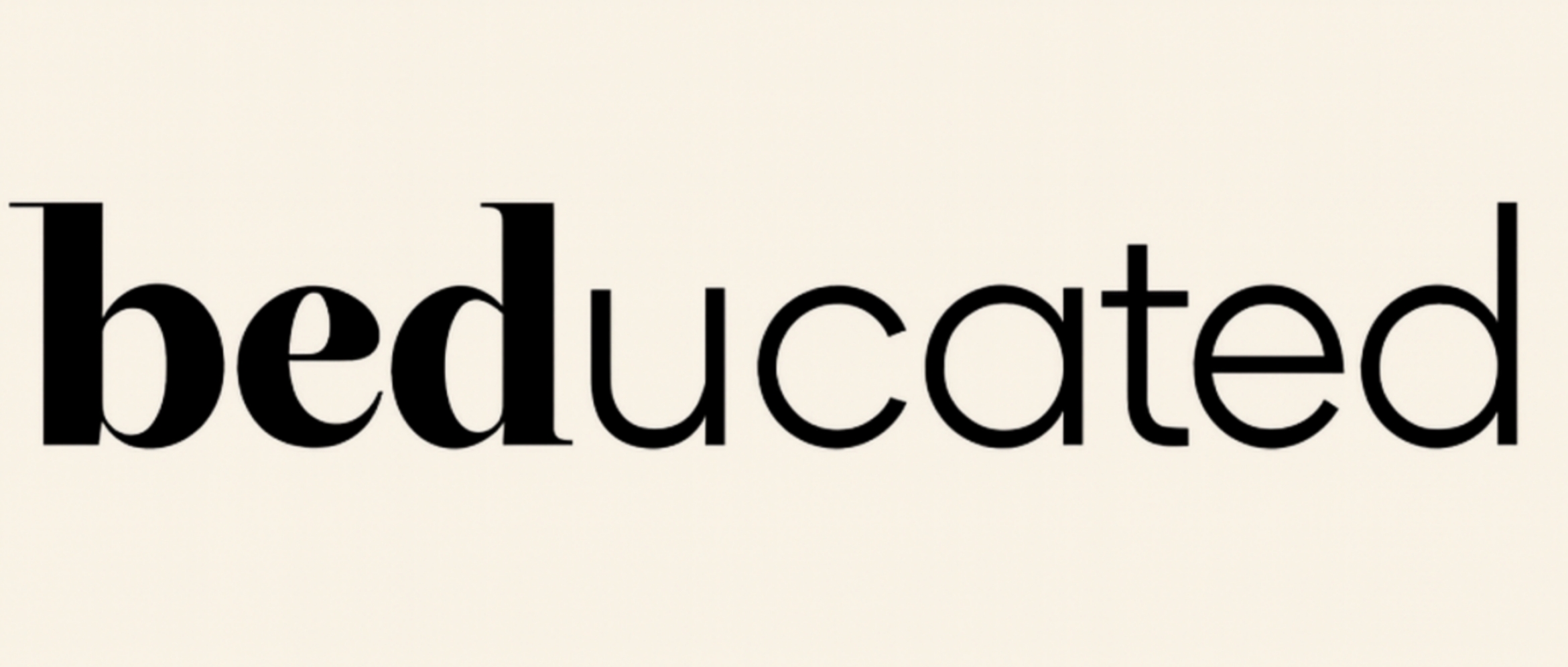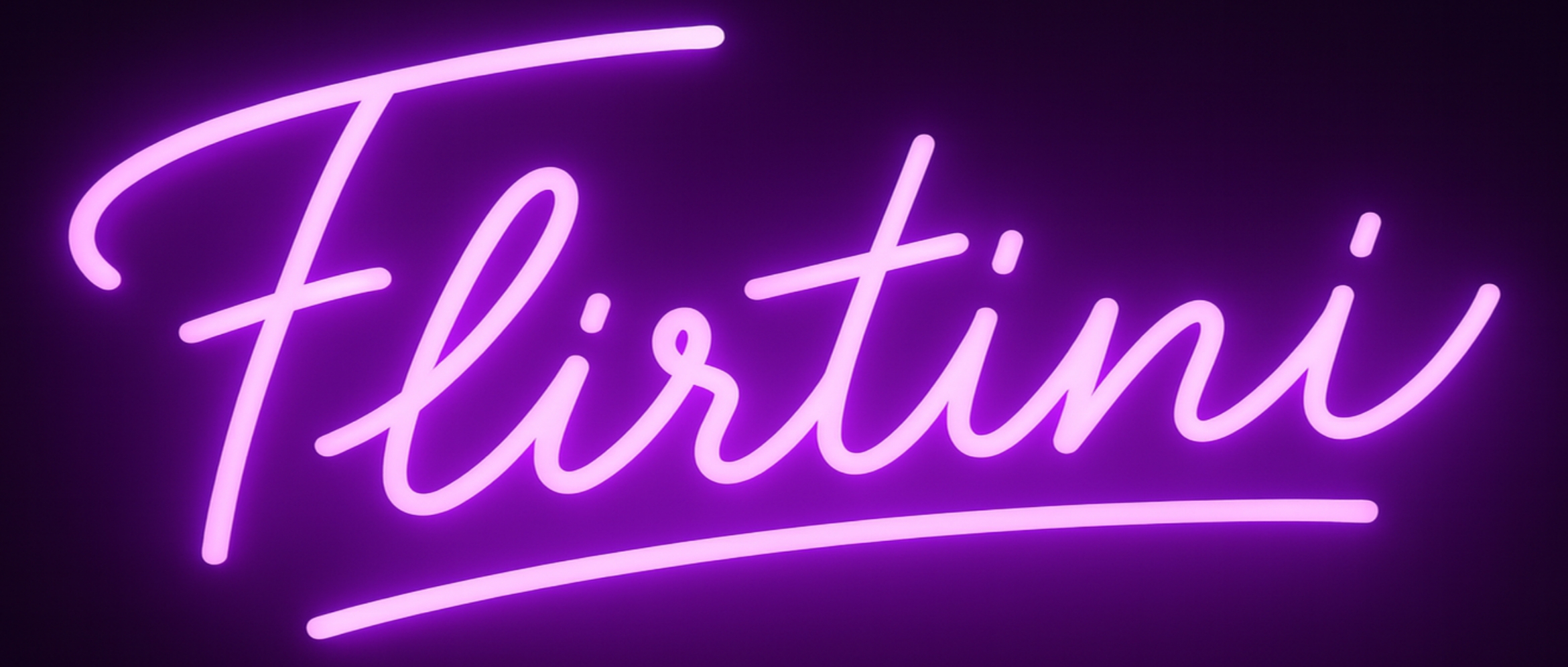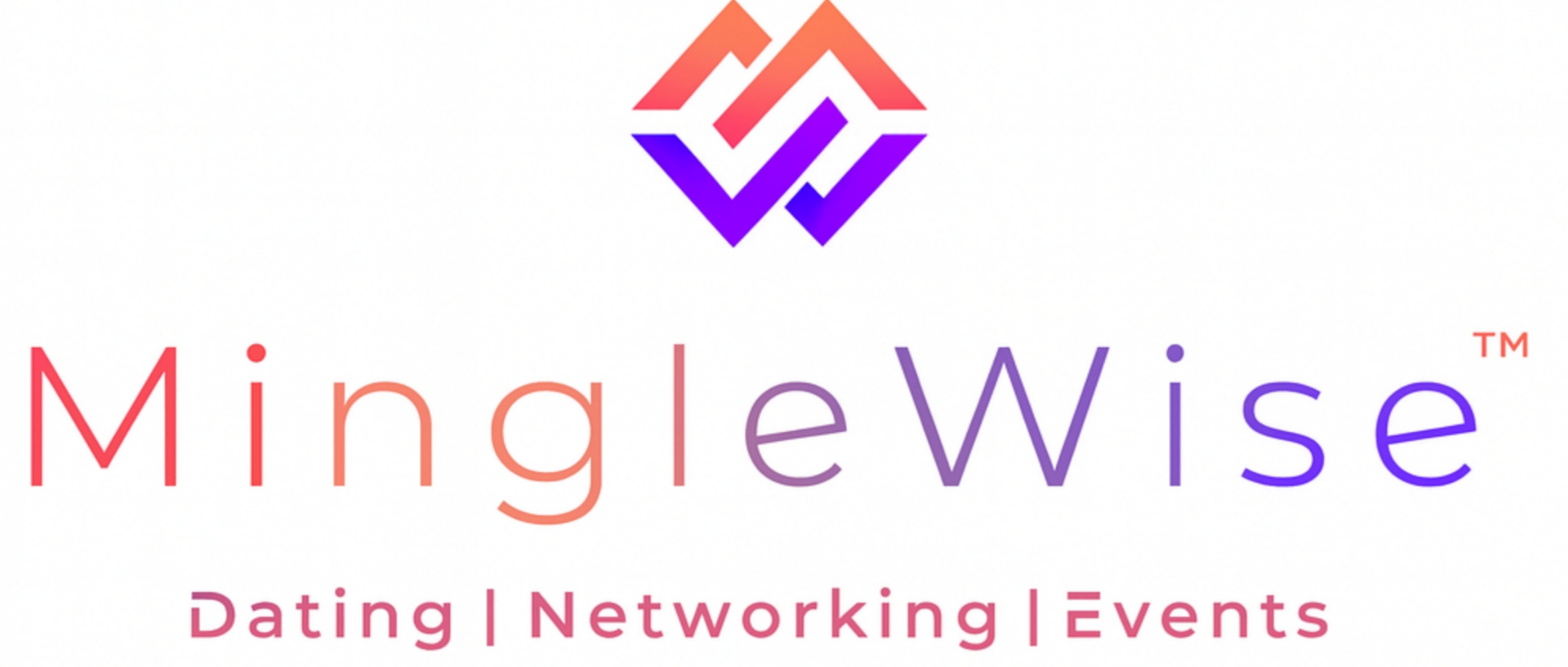LoveGPT is the first thing readers should know about because LoveGPT aims to deliver believable companion chat without the friction that turns newcomers away.
Popular Alternatives:



Pick a persona, start a conversation, and shape tone with simple controls that keep the character consistent. This long-form review covers features, pricing, who it’s best for, advantages, disadvantages, safety, alternatives, FAQs, and a direct verdict so readers can decide if LoveGPT belongs in their daily routine.
Overview
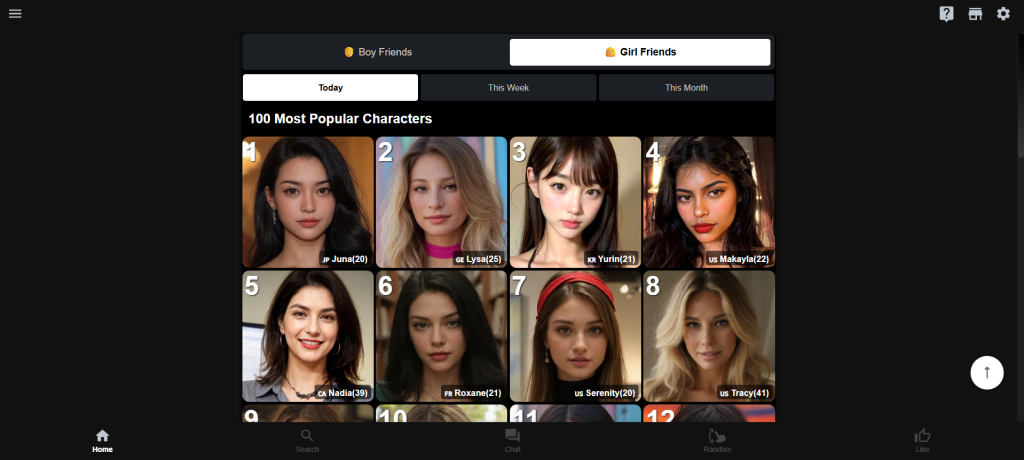
LoveGPT focuses on fast, character-driven conversations that feel personal and low-effort. Users choose from an ever-growing roster of personas or create their own using short instructions, example lines, and a clear “do/don’t” list. The experience is intentionally lightweight: start now, fine-tune later.
The platform’s appeal rests on three pillars: discovery, personalization, and continuity. Discovery means you can find the right vibe in seconds. Personalization lets you set boundaries and voice without writing a novel. Continuity preserves memories, callbacks, and story beats so repeated chats feel like an evolving connection rather than a reset.
Key ideas at a glance
- Quick start with curated personas and tags.
- Creator tools: traits, tone notes, examples, and rules.
- Memory for names, preferences, and recurring scenes.
- Freemium model with optional upgrades for power users.
- Cross-device convenience to pick up the same chat anywhere.
Features
Character Library & Discovery
Jump into trending personas or filter by mood—sweet, witty, mysterious, poetic, mentor-like. The goal is momentum: if a character doesn’t click, pivot in two taps and keep the fun rolling.
Simple Character Builder
Define a few traits and boundaries, then drop in example replies to lock cadence. A short “house style” (e.g., “warm, concise, no fourth-wall breaks, affectionate but respectful”) keeps the voice consistent.
Memory & Continuity Tools
LoveGPT retains essentials like your name, inside jokes, and current plot. Add a one-line recap every 50–80 messages (pro tip) to stabilize tone and prevent drift during longer arcs.
Scene Prompts & Stage Cues
Use quick cues—[time skip to sunrise], [low voice], [door opens]—to control pacing. Pair them with tone notes to keep replies on target and cinematic.
Multi-Character Play (plan-dependent)
Introduce a best friend, rival, or mentor to deepen dynamics. It’s great for love triangles, playful banter, or episodic worlds with recurring side characters.
Voice (where offered)
Voice replies or call-style interactions add warmth and timing. Many users find voice especially compelling for confessions, comfort scenes, or playful teasing.
Light Social Layer
Save favorites, share standouts, and discover rising personas. Feedback loops help creators iterate and improve quality over time.
Pricing
Freemium foundation
- Free tier: Sample personas, test pacing, and learn which tones you enjoy. Expect message caps and shorter context windows.
- Paid tiers: Increased message capacity, longer memory/context, priority during peak times, and (where available) voice or multi-character features.
Buyer tips
- Start free: test three archetypes (sweet, teasing, mysterious) before upgrading.
- Upgrade for continuity if you love slow-burn arcs or daily check-ins.
- Buy through official channels only; avoid third-party resellers.
User Base & Best-Fit Scenarios
Casual Companionship Seekers
Evening wind-down, pep talks, or flirty banter. Minimal setup and a steady, friendly tone.
Roleplayers & Storytellers
Meet-cutes, rivals-to-lovers, slice-of-life dates, and high-drama arcs. Memory plus short recaps keep canon tight over days or weeks.
Writers & World-Builders
Prototype dialogue, test character chemistry, and refine emotional beats for fiction or visual novels.
Curious Newcomers
Discovery-first design makes the niche approachable without a steep learning curve.
Advantages
- Frictionless start: Chat now; refine later.
- Personalization with guardrails: Short rules and examples maintain voice.
- Continuity that feels real: Memory + recaps help relationships evolve.
- Scales with use: Free for experimenting, paid for daily immersion.
- Community variety: Personas across genres and moods.
Disadvantages
- Free caps can pinch: Heavy chatters may hit limits fast.
- Variable persona quality: Community-made characters range from brilliant to experimental.
- Iteration required: Expect to tweak rules and examples to curb drift.
- Adults-only themes: Responsible, consent-first use is essential.
Safety & Privacy (Read This First)
Companion chats can feel intimate. Treat them like any online space handling personal content.
- Protect access: Dedicated email, strong unique password, and 2FA if available.
- Share less: Keep conversations fictional; avoid addresses, finances, and health details.
- Understand controls: Know how to review, export, or clear chats and how retention works.
- Set boundaries: Keep a visible do/don’t list; restate rules if a chat veers.
- Device hygiene: Lock screens, mute previews, and manage notifications on shared devices.
- Brand clarity: Only install LoveGPT from official listings; ignore unsolicited DMs or “mirror” links.
LoveGPT vs Competitors
Mainstream, PG-focused companions
- Wellness-leaning chat, journaling, and planning.
- Strong filters; great for calm, reflective users and everyday check-ins.
Roleplay-first platforms
- Longer memory, granular prompt/lore control, and multi-character orchestration.
- Ideal for writers and RP veterans pursuing novel-length arcs.
Niche romance specialists
- Focused genres (cozy, fantasy, dramatic) with curated archetypes.
- Distinct voices and, often, generous free tiers for experimentation.
Bottom line: If you want immediacy, variety, and a gentle learning curve without sacrificing continuity, LoveGPT is an easy recommendation. If you demand ultra-long context and surgical control, pair it with a deeper RP tool while keeping LoveGPT for fast discovery.
Getting Started (Fast Setup)
- Define the vibe: A 5–8 line brief—“warm, witty, concise; no fourth-wall breaks; consistent canon; affectionate but respectful.”
- Sample three personas: Try sweet, teasing, and mysterious for 10–15 messages each.
- Commit to one: See if memory holds across a week of short sessions.
- Create your own: Add trait notes, example lines, and a compact do/don’t list.
- Recap regularly: Post one-line summaries every 50–80 messages to stabilize tone.
- Upgrade if needed: Choose a tier built for continuity and peak-time stability.
Power Tips for Better Chats
- Lead with style notes: “Soft, sincere, lightly teasing; avoid sarcasm unless prompted.”
- Use stage cues: [time skip], [door opens], [low voice] to control pace.
- Anchor with motifs: A favorite café, song, or keepsake creates shared history.
- Mix sentence lengths: Short for banter; longer for emotion.
- End on a hook: A promise, question, or reveal fuels the next session.
Pricing Scenarios (Which Tier Fits?)
Sampler — The Curious Explorer (Free)
Light chats a few nights a week. Try three characters, test pacing, and learn your preferred tone without spending. Best for first impressions and quick sessions.
Weekend Romantic — The Casual Flirter (Entry Plan)
Higher message caps and smoother flow for steady weekend play. Great for playful banter, cozy scenes, and short arcs with fewer interruptions.
Daily Storyteller — The Deep Connector (Upper Tier)
Extended context, priority access, and premium models for slow-burn relationships and multi-week routes. Ideal if you treat LoveGPT like a living story.
Voice-First User — The Immersive Communicator (If offered)
Voice replies add presence and emotional nuance. Experiment with different voices for late-night talks, confessions, and cinematic moments.
Alternatives to Consider
Mainstream, PG-Focused Companions
If calm, supportive chats and journaling-style conversations sound right, PG-focused platforms are a strong fit. They emphasize mindfulness and daily reflection over romance.
- Positivity and self-care by design.
- Strong filters keep content safe and wholesome.
- Ideal for routine, structure, and gentle encouragement.
Roleplay-First Platforms
Writers and creative users gravitate to RP-heavy tools that offer deeper control and longer memory. These are built for multi-character worlds and sustained arcs.
- Extended storytelling with character growth.
- More granular prompt and lore control.
- Best for RPers and creators who enjoy detailed scripting.
Niche Romance Specialists
If you crave chemistry, affection, or flirty tension, romance-centric apps are the go-to choice. They specialize in genre and emotional beats.
- Focused vibes: cozy, dramatic, fantasy, or sultry.
- Distinct voices and curated archetypes.
- Often generous free tiers for experimentation.
How to choose:
- Prefer gentle, reflective dialogue? → Pick a PG-focused app.
- Want novel-length arcs and creative control? → Choose a roleplay-first platform.
- Craving spontaneity and chemistry? → Explore romance-specialist newcomers.
Example User Stories
Maya — The Commuter
Ten minutes on the way home with a warm, encouraging persona. Free tier suits her; she upgrades only if daily streaks stick.
Jon — The Night Owl
He loves moody, cinematic arcs. He upgrades for longer context and peak-time stability to keep the vibe intact during late-night scenes.
Suri — The Creator
She publishes a “bookshop crush” character, collects feedback, and tunes rules until the voice locks. Watching it climb the trending feed is half the fun.
FAQs
- What is LoveGPT?
A companion chat platform that blends fast discovery with customizable, character-driven conversations. - Is LoveGPT free?
Yes. A free tier lets you test personas and pacing, with optional paid plans for more capacity and continuity. - How much does LoveGPT cost?
Pricing varies by region and tier; upgrades typically add message caps, longer context, and sometimes voice or multi-character features. - Does LoveGPT remember previous chats?
Yes—continuity improves with periodic recaps and higher-tier context windows. - Can I create my own character?
Absolutely. Add trait notes, example lines, and concise rules to guide voice and behavior. - Are multi-character scenes possible?
Depending on your plan, yes. It’s great for rivalry energy, best-friend banter, or mentor dynamics. - Is adult content allowed?
Use responsibly and keep everything adult, consensual, and within the platform’s rules. - Can I delete my chats?
Yes. Review data controls for clearing, exporting, or archiving conversations. - What makes LoveGPT different?
Immediacy, variety, and a low learning curve—without sacrificing personalization or continuity. - How do I prevent persona drift?
Reassert rules, post a one-line recap, and keep a short do/don’t list visible. - Will I outgrow the free tier?
If you chat often or want long arcs, likely—entry plans remove friction and extend memory. - Is voice available?
Where offered, voice adds warmth, timing, and emotional nuance to scenes. - Is LoveGPT safe to use?
With basic privacy hygiene, clear boundaries, and device security, yes. - Who is LoveGPT best for?
Adults seeking fast, flexible, and personal conversations—from playful banter to meaningful, long-form storytelling.
Final Verdict
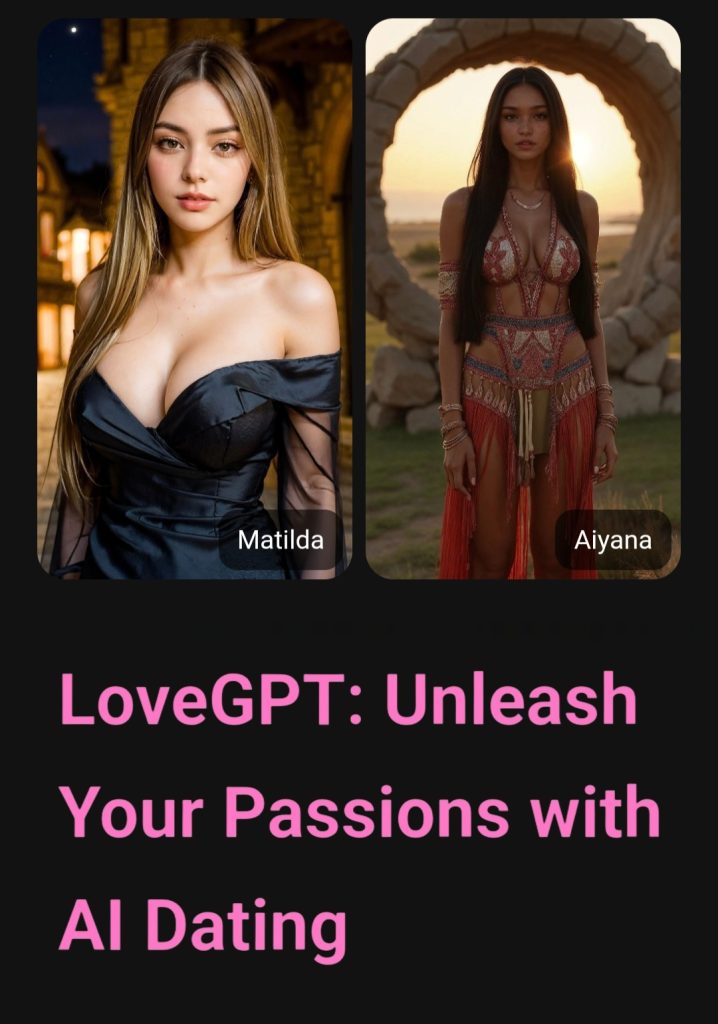
LoveGPT nails the blend of accessibility, personality, and believable continuity that companion-chat users want in 2025. It’s welcoming to newcomers, deep enough for creators, and flexible for anyone who alternates between quick banter and multi-session romance. While the free tier can feel tight and community quality varies, the core experience is compelling—and paid tiers add the memory and flow that long-form connections need. If you value discovery and consistency in equal measure, LoveGPT is a smart everyday companion and a strong addition to any AI dating lineup. In short, LoveGPT delivers—and LoveGPT earns its spot on any shortlist of modern companion apps.


